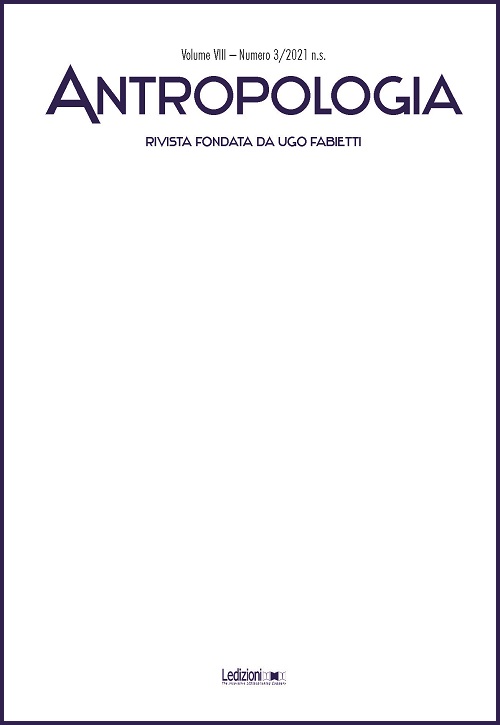Everyday Fiscal Encounters: Taxation and the Austerity State in Greece
DOI:
https://doi.org/10.14672/ada2021182983-97Keywords:
state, fiscal relation, taxation, greece, austerityAbstract
Taxation has sparked ongoing controversies in public debate in Greece, especially during times of crisis. Popular opinion was unambiguous about the necessity to curb tax avoidance and evasion as an element of economic restructuration. In addition to lowering government expenses, austerity brought attempts at increasing government revenues through new taxes and an increase in enforcement.
This article discusses everyday encounters with these new measures in Volos during fieldwork from 2014 to 2017. My interlocutors’ perspectives on the fiscal context reveal complex understandings of state relationality and political economic processes of extraction. The article groups them into four questions in relation to the austerity state: who gets to pay how much, who benefits from redistribution, whether tax compliance leads to political progress, and how government is part of a mechanism of larger value extraction and capital accumulation.
Hence, everyday fiscal encounters reveal how people understand themselves as being implicated in the governance of political economies. The increased responsibilisation of Greeks to pay tax led to an increase in politicisations of the government’s role in redistributing revenues towards creditors. The fiscal encounter thus shows how large processes feature in everyday observations about statehood and capitalism, and can provide grounds for social critique through fiscal encounters.
Downloads
Published
Issue
Section
License

This work is licensed under a Creative Commons Attribution 4.0 International License.
Authors maintain the copyright of their original work and grant the Journal the right to first publication, licensed after 36 months under a Creative Commons Licence – Attribution, which allows others to share the work by indicating the authorship and first publication in this journal.
Authors may agree to other non-exclusive licence agreements for the distribution of versions of their published work (for example in institutional archives or monographs) under the condition that they indicate that their work was first published in this journal.



